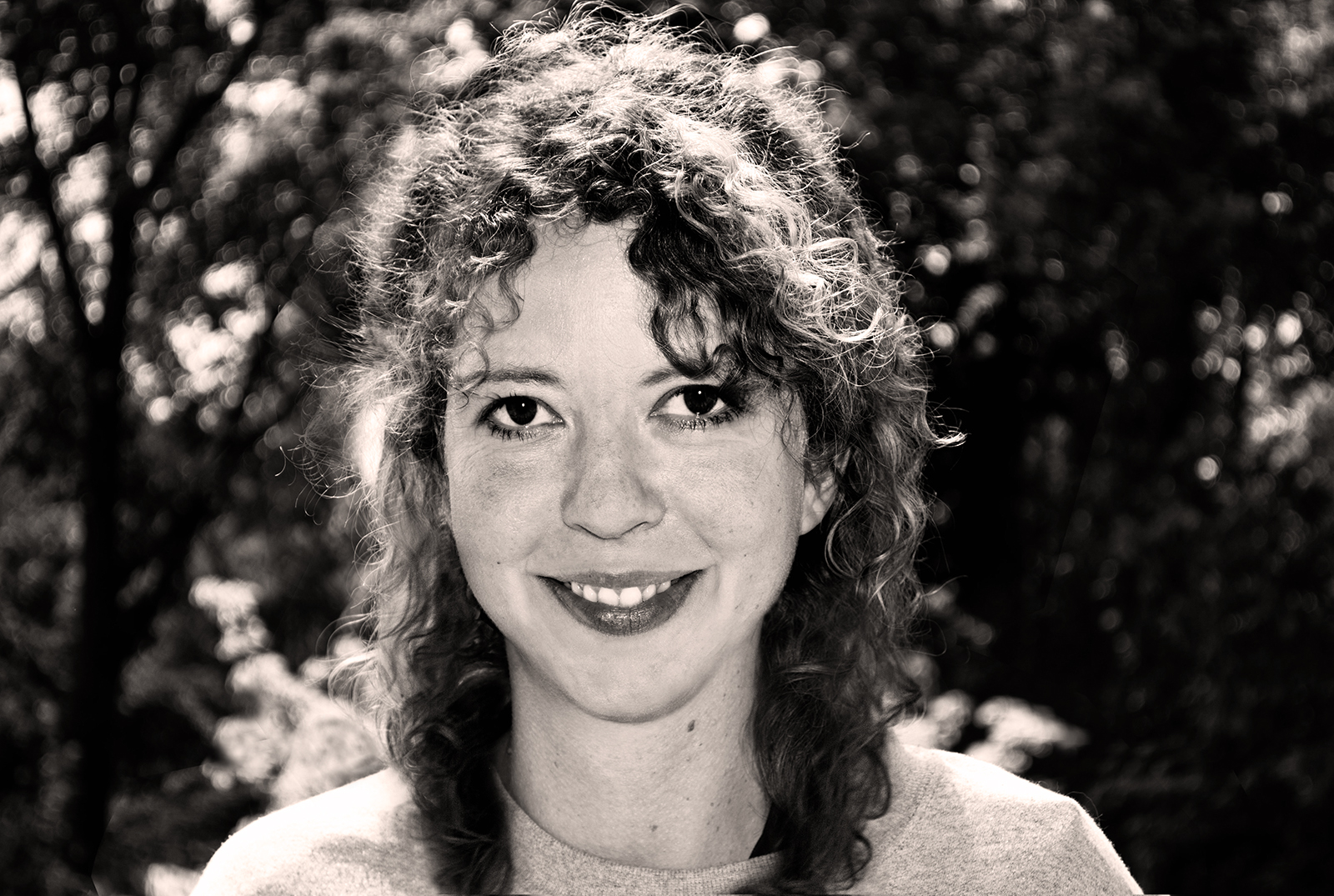Anthocyanin is the pigment responsible for spectacular vermillion-purple in terrestrial plants. Yet, the plant cares for the pigment for different reasons than us humans; it functions as a protective mechanism against environmental stress. As climate-related residues amplify, colours exercise resistance.
Furthermore, the same Anthocyanin is a ‘natural’ organic dye which was employed in historical dyeing practices. Working and thinking with this colouring agent can support our understanding of local entanglements and the notion of repair towards the non-human. How can we understand the protective role of Anthocyanin across species and scales? And through its material qualities as an organic dye, how can it shape an empathetic gaze onto the non-human and their different time-making projects?
Hence, colour becomes a lens to look onto local environments and to understand their intrinsic adaptations. As these colours form visual identities of a place, the appearances of this pigment raise the question of how to practice resilience in accelerating climatic conditions.
A three-part methodology (with our hands in the soil: Anthocyanin-laden plants; with our feet on the ground: Colour Walks; with our eyes on the purple: Anthocyanin as an organic dye) will lead to the conceived outcome of a publication and an exhibition.





